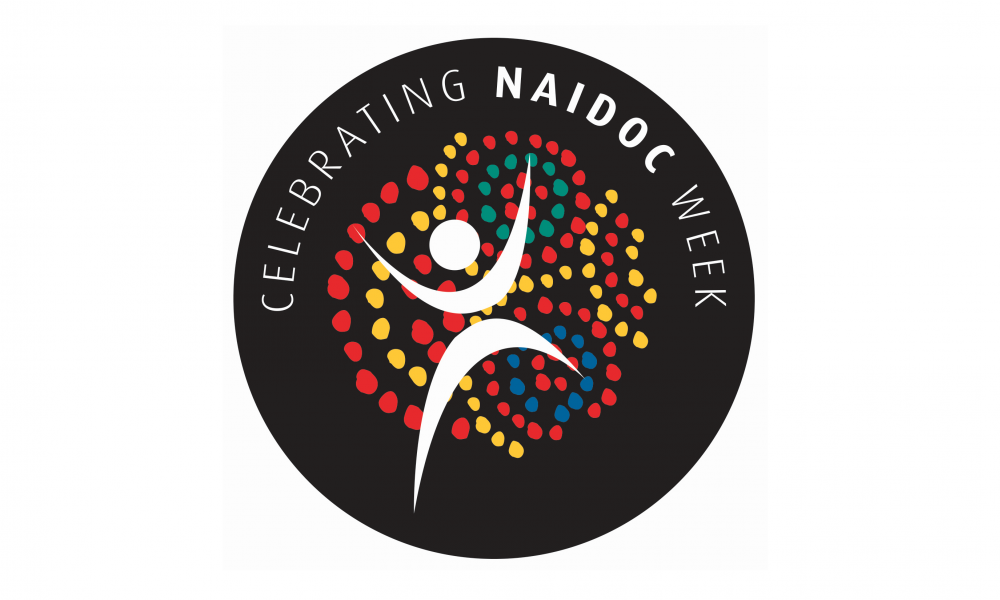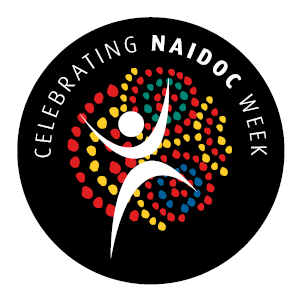
Lowitja O'Donoghue
Born in Indulkana in 1932, Lowitja O’Donoghue was separated from her family at a young age and put in the care of missionaries at Colebrook Children’s home at Quorn.
Lowitja’s career, which spans almost 60 years, began as a nurse at the Royal Adelaide Hospital where, despite the racial discrimination at the time, she reached the position of Charge Sister.
After going to work with the Mother Teresa program in India in 1961, Lowitja returned to Australia to work as a trained nurse and welfare officer in remote Aboriginal communities. It was during her 10 years in this work that she built a reputation for her ability to advocate for justice for Indigenous people. This ability shone through in her campaigning on the 1967 Referendum, a turning point in the relationship between Indigenous and non-Indigenous Australians.
In 1972 Lowitja accepted a position as Senior Liaison Officer for the newly-created Department of Aboriginal Affairs. She saw this as a great opportunity to use her skills, passion and commitment to advance the rights of Indigenous people.
Breaking new ground for Indigenous women at the national level, Lowitja became the fulltime chairperson of the National Aboriginal Conference in 1976. Lowitja continued to take on senior leadership roles and positions among prominent agencies in Aboriginal affairs, including Aboriginals Hostels and the Aboriginal Development Commission.
In 1990 Lowitja was appointed the inaugural chairperson of the Aboriginal and Torres Strait Islander Commission. During her six years as Chairperson of ATSIC, Lowitja won universal admiration for her leadership, tenacity and integrity. A highlight was her pivotal role in the tense and complex negotiations which enabled the creation and passing of Prime Minister Keating’s native title legislation.
In 2000, Lowitja played a key advisory role in the lead up to the Sydney Olympic Games as Chairperson of the Sydney Olympic Games National Indigenous Advisory Committee and a member of the Sydney Olympic Games Volunteers Committee. Lowitja also carried the torch through Uluru during the Australian leg of the relay.
Lowitja’s skills, knowledge and experience continue to be highly sought after by the highest levels of government.
In 2008, Prime Minister Rudd sought Lowitja’s counsel in preparation for the historic Apology to the Stolen Generations.
Lowitja’s many successes and work on behalf of her people have been justly recognised by the large number of awards and honours she has received in her career.
To mention just a few: she was appointed a member of the Order of Australia in 1977, won the Advance Australia award in 1982, was named Australian of the Year in 1984 and became a National Living Treasure in 1998.
These awards acknowledge Lowitja’s distinguished leadership in Indigenous affairs, as well as her extraordinary ability to overcome adversity and to break down the barriers.
History will judge Lowitja as one of the great and sustaining forces for the rights of Aboriginal and Torres Strait Islander people.
